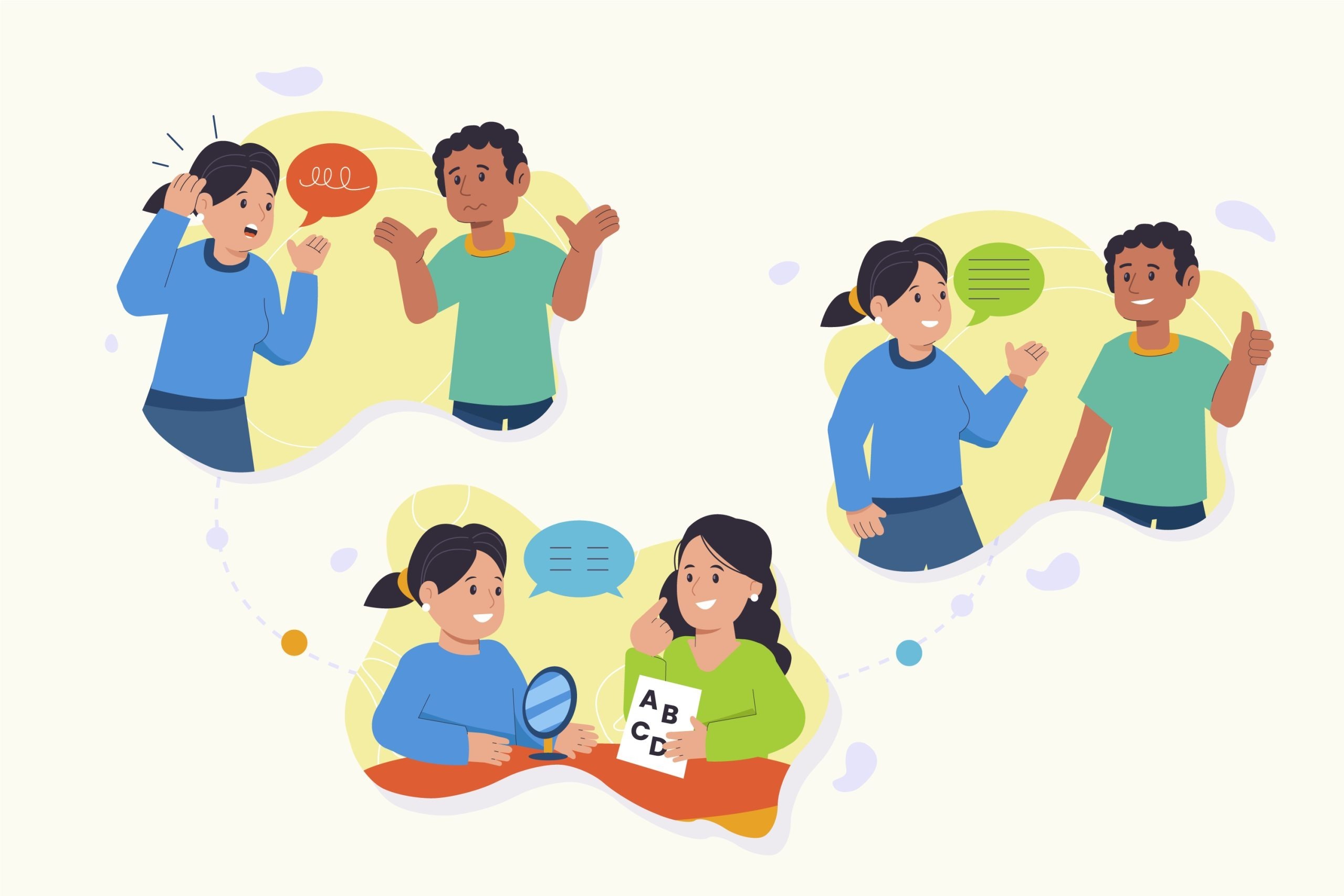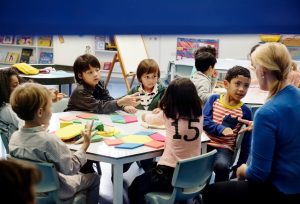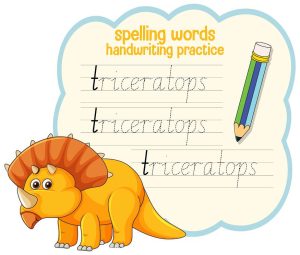Parent Guide: Improve Your Child’s Verbal Communication

Verbal communication skills are crucial in today’s ever-connected world. Children need to be able to be articulate and communicate clearly to succeed in all aspects of life – be it at school, making friends or navigating social interactions. This blog post will show you what verbal communication is, and how you can help your child improve their verbal communication skills.
Understanding Verbal Communication
There are four methods of communication – verbal, nonverbal, visual, and written. Each of these is used across every area of life, and verbal communication is the most common and important of them all.
Strong verbal communication involves many aspects – from speaking to individuals in a one-on-one setting to communicating with larger and wider audiences. There are five types of verbal communication – intrapersonal, interpersonal, small group, public, and mass communication. Whether giving a speech, talking to a friend, debating with someone, or explaining a work project, strong verbal communication skills are vital.
The Advantages of Verbal Communication
Effective verbal communication is essential for transmitting information and messages. It can enhance a child’s cognitive, social, and emotional development, and prepare them for academic and professional success. Some of the advantages of verbal communication are:
- Enhanced Cognitive Development
- Social and Emotional Development
- Preparation for Academic and Professional Success
Proficient verbal communication is essential for children as it enhances their cognitive development. It improves critical thinking and problem-solving skills. Additionally, it has been linked to better memory and learning. Strong verbal communication skills also boosts confidence.
Good verbal communication skills promote social and emotional development in children. It improves social interactions, fostering empathy and emotional intelligence. This skill allows children to form better relationships and become more empathetic, enhancing their leadership and teamwork skills in the process.
Proficient verbal communication improves overall academic and career success. Children with strong verbal skills are better able to understand large volumes of information and synthesise their meaning. They are also able to perceive nuances in conversations, which helps them understand situations and context better. In the long run, being able to communicate effectively enhances job opportunities, as many employers require candidates with practical communication skills.
Tips to Improve Your Child’s Verbal Communication
Children in kindergarten and primary school are just learning how to interact with their classmates and make friends. At this age, they may need help with making conversation and communicating their thoughts and feelings. Here are some practical tips to help improve your child’s verbal communication skills:
- Talk Regularly with Your Child
- Describe the Day
Encourage your child to begin or join in conversations as much as possible. This helps them practice the art of holding a conversation. Look for opportunities in everyday life that provide space for exchanging thoughts and ideas. For example, during car rides, you can chat about your destination, what you plan to do there, or even comment on the passing scenery. You can also have conversations about the steps involved in making a meal while you’re cooking, or use commercials breaks on TV to talk about which part of the TV show you each liked best.
Encourage your child to tell you how the day went in as much detail as possible. You can tell your child about your day to start the conversation. Ask leading questions that cannot be answered with a “yes” or “no. For example, “What were the best and worst parts of your day today?” This helps with recall and sequencing, which are two skills that kids who struggle with communication may have trouble mastering.
Listen to and Repeat What Your Child Says
Show your child how to listen to what someone else says, and expand upon it by doing it yourself. After your child has told you something, repeat part of it, and then follow up with a question. For example, “Wow, it sounds like that art project took a lot of patience. What other projects do you think would be fun to make? And what different materials would you need?”
- Have Practice Conversations with Your Child
- Read with Your Child
- Ask Your Child’s Opinion
- Encourage Your Child to Keep a Journal
Talk through the types of situations your child might be the most nervous about. These might include talking to other kids while waiting for the bus, for example, or sitting with them at lunch. Then practice what your child might say. Take turns pretending to be each person in the conversation.
It doesn’t matter what you read with your child. What’s most important is that you do it together. Take turns reading to one another, even if your child just fills a word in here and there. After finishing a book or a TV show, discuss the setting, plot, characters, and any new words that might be in the story.
Asking your child for their opinion about topics that are relevant to their lives gives them the opportunity to reflect, reason and articulate their thoughts. Make conversations as simple as which library you should go to, or whether they think dogs or cats are friendlier. Through this practice, you can show your child how answers that begin with “I think” or “I feel” can lead to successful everyday conversations.
Make your child write in a diary or journal about day-to-day activities and feelings. The process can make it easier for your child to form thoughts to share with others. This can ultimately make your child feel more prepared and confident when someone asks what’s been going on.
Teaching kids about these simple communication strategies can be very beneficial to their holistic growth and development. The best way for them to hone their skills in verbal communication is to practice them in their own time. There are also endless options for activities and games online that are both fun and educational.
At Billabong High International School, we believe in creating learning experiences and environments that lead to both academic success and holistic growth. Our integrated curriculum is designed to build communications skills through everyday classroom activities. To learn more about our teaching methods and practices, visit our website or contact our admission office today.








